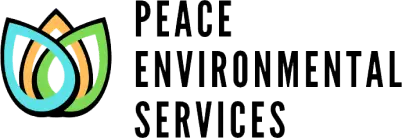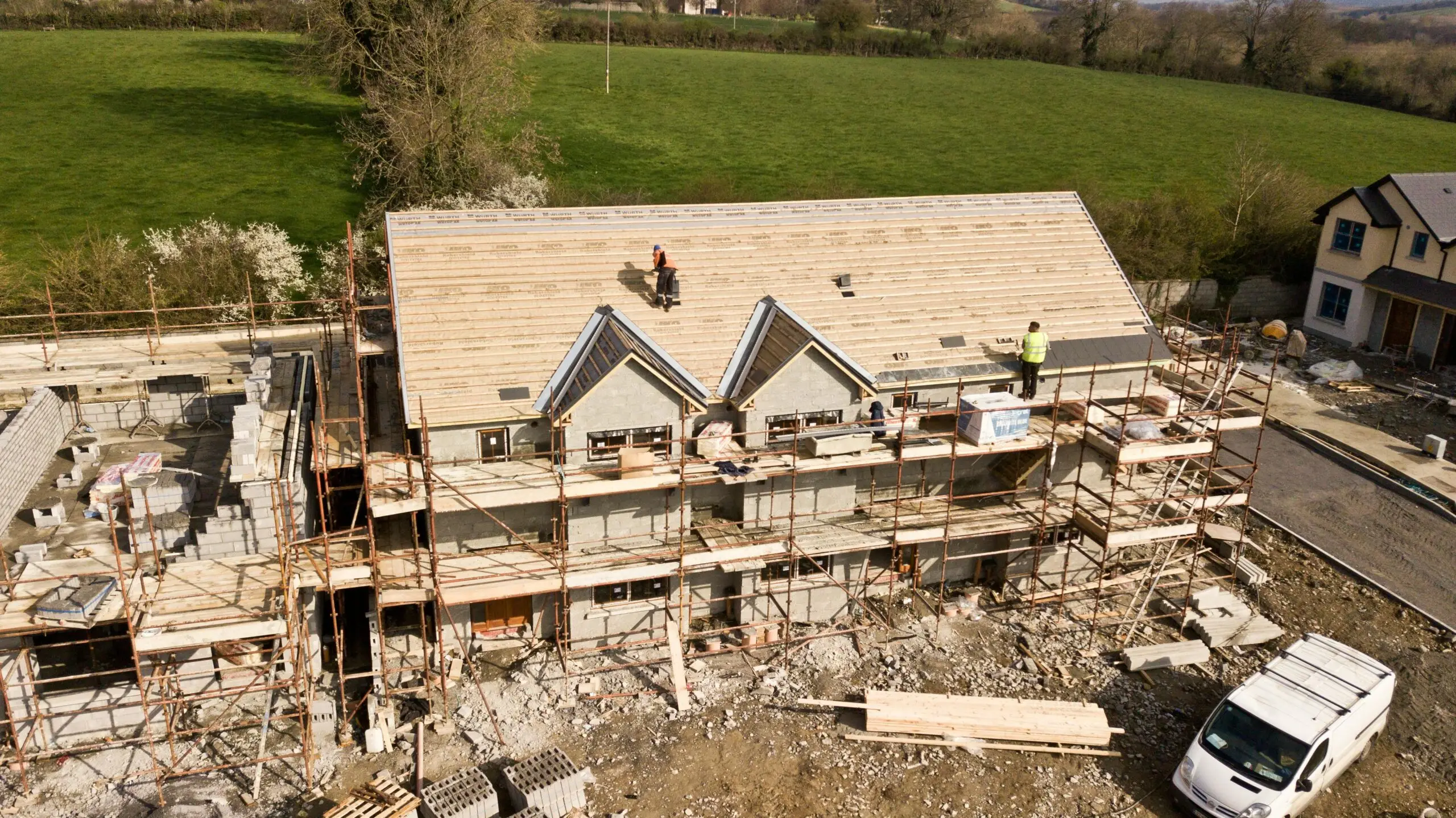Now Offering Medical Evaluations for Respiratory Protection
Peace Environmental Services has been providing businesses with respiratory protection services for over five years, and we are excited to announce that we have expanded our services to include medical evaluations.
The purpose of an OSHA Respiratory Protection Medical Evaluation is to ensure that employees who are required to wear respirators for protection against hazardous airborne contaminants can do so safely. The medical evaluation is designed to identify any medical conditions that may prevent employees from using respirators or put them at risk while using them.
The medical evaluation includes a medical questionnaire and a physical examination by a licensed healthcare professional. The questionnaire is used to identify any health conditions or factors that may increase an employee’s risk of respiratory problems while wearing a respirator. The physical examination is used to identify any physical conditions that may make it difficult for an employee to wear a respirator safely.
Applicability:
OSHA requires that employers provide respiratory protection to employees who are exposed to hazardous airborne contaminants in the workplace. The use of respiratory protection is necessary to prevent the inhalation of these contaminants, which can cause serious health problems, including respiratory illness, lung disease, and cancer.
OSHA Respiratory Protection Medical Evaluations are required for employees who are required to wear respirators in the workplace, including those who are required to wear filtering facepiece respirators, half-mask respirators, full-face respirators, and powered air-purifying respirators.
Does my facility / operation need respiratory protection?
Respiratory protection is essential in many industries where workers are exposed to hazardous airborne substances, such as:
- Construction – workers in the construction industry may be exposed to dust, fumes, and vapors, and may require respiratory protection.
- Manufacturing – workers in the manufacturing industry may be exposed to hazardous fumes, vapors, or particles during production processes and may require respiratory protection.
- Healthcare – healthcare workers may be exposed to hazardous biological agents, and may require respiratory protection to prevent the spread of disease.
- Agriculture – workers in the agriculture industry may be exposed to pesticides and other hazardous substances, and may require respiratory protection.
- Mining – miners may be exposed to hazardous dust, fumes, and vapors, and may require respiratory protection.
- Firefighting – firefighters may be exposed to hazardous fumes, smoke, and particulate matter, and may require respiratory protection.
- Emergency response – workers responding to chemical spills, fires, and other hazardous incidents may be exposed to hazardous substances, and may require respiratory protection.
These are just a few examples of industries that may require respiratory protection. The specific requirements will vary depending on the hazards present and the type of work being performed, and it is the employer’s responsibility to assess the need for respiratory protection and to provide the appropriate training and equipment to their employees.


